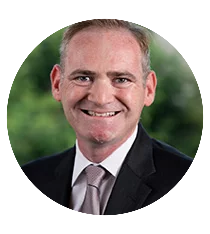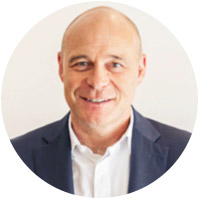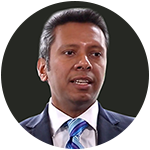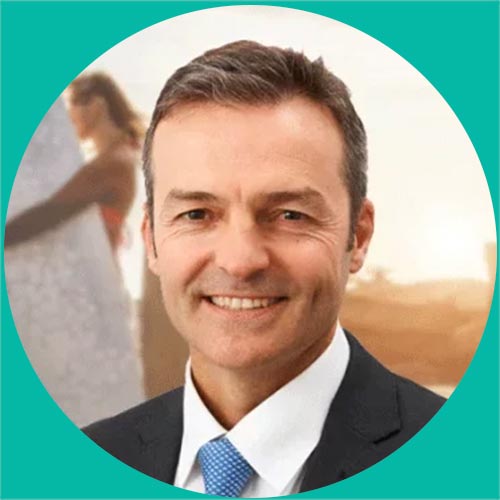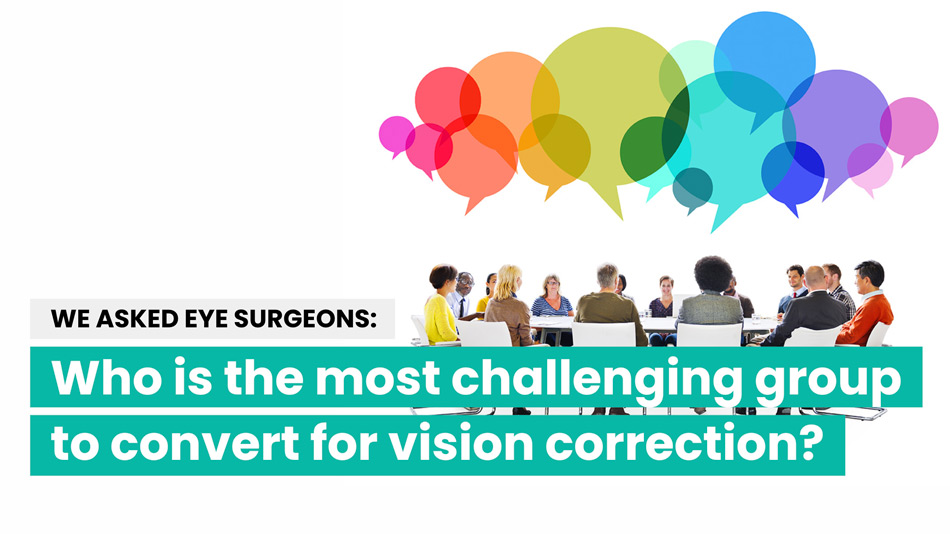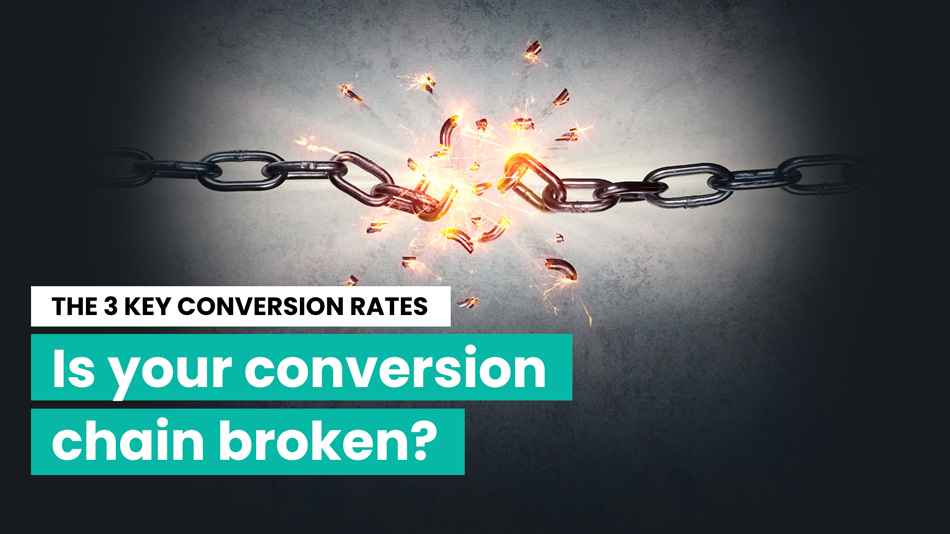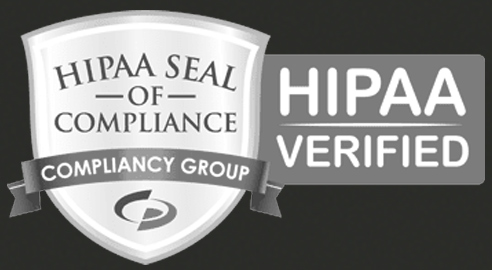The Difference between Questions, Objections and Smokescreens
One of the most challenging aspects of selling, and sales training, is handling objections. I’ve aimed to simplify this concept as much as I can over the years, and I think we’re nearing the zenith of how clear we can make it.
The first thing people need to recognise is the difference between a Question, a Smokescreen and an Objection.
For the purposes of this post, let’s assume you are speaking to someone about a product or service you offer. After presenting the product, your prospect raises the issue of price.
This might sound like: “How much does this cost?” This is an example of a question or a request for information. It’s important to realise that this is not an objection. The person may simply want to know the price of an object. They don’t necessarily have an opinion about it yet.
You simply need to answer the question with a balanced and concise answer. That may sound simple, but giving consistent, balanced and concise answers requires identification and practice.
Now let’s say that your prospect responds to your balanced and concise answer by saying “I will need to think about it.” This is an example of a smokescreen. The reason I call this a smokescreen is that it may or may not be an unspoken objection, masked by a statement that sounds plausible.
NOTE: The best way to answer that nagging question about practice growth or marketing or patient volume in the back of your mind is to book a free 15-minute compatibility call. Get some options and go away with a clear idea of what’s possible.
Your job here is to clarify that ambiguous statement with something like: “It sounds like you have some concerns about the price, would you mind sharing them with me?”
After clarifying the objection, your prospect may then reply with “It’s too expensive.” This is an example of an objection. An objection is a statement made by a prospect that they are placing in between themselves and saying yes to the commitment you are asking for.That commitment might be an appointment or a transaction.
Once you’ve determined that you have an objection in front of you, you need to understand what type of objection it is. There are two main type of objections, which for lack of better terms at the moment, I’ll refer to Emotional and Rational. I’ll get into the difference, in my next post.
About the author
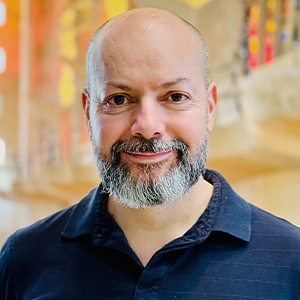
Rod Solar
Founder & Scalable Business Advisor / fCMO
Rod Solar is a co-founder of LiveseySolar and a Scalable Business Advisor for its customers. Rod mentors and coaches eye surgery business CEOs/Founders and their leadership teams to triple their sales, double their profit, and achieve their “ideal exit”.
Related Posts
Meet our Co-Founders
We’re passionate about helping leaders of high-quality, growth-minded practice owners double their practice revenue

Rod Solar
Founder & Scalable Business Advisor
For over 20 years, I’ve helped ophthalmology entrepreneurs scale their private practices. I specialise in doubling revenue within three years by offering a proven framework, hands-on experience, and a team of experts who implement what works. We take the guesswork out of growth and scale, so you can focus on delivering exceptional patient care while maximising the value of your business.
LiveseySolar completely transformed the way we were approaching this… We’ve gone from having just the dream of having a practice to having a practice up and running with people making inquiries and booking for procedures… It’s extremely pleasing. We feel lucky we connected with LiveseySolar.
— Dr Matthew Russell, MBChB, FRANZCO, specialist ophthalmic surgeon and founder of VSON and OKKO
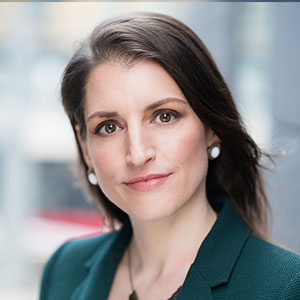
Laura Livesey
Founder & CEO
I’m the co-founder & CEO of LiveseySolar. I’ve developed powerful eye surgery marketing systems that increase patient volumes and profits for doctors, clinics, and hospitals, since 1997.
Rod and Laura know as much about marketing surgery to patients as I know about performing it. They are an expert in the field of laser eye surgery marketing. They know this industry inside out. I believe that they could help many companies in a variety of areas including marketing materials, sales training and marketing support for doctors.
— Prof. Dan Reinstein, MD MA FRSC DABO, founder of the London Vision Clinic, UK


